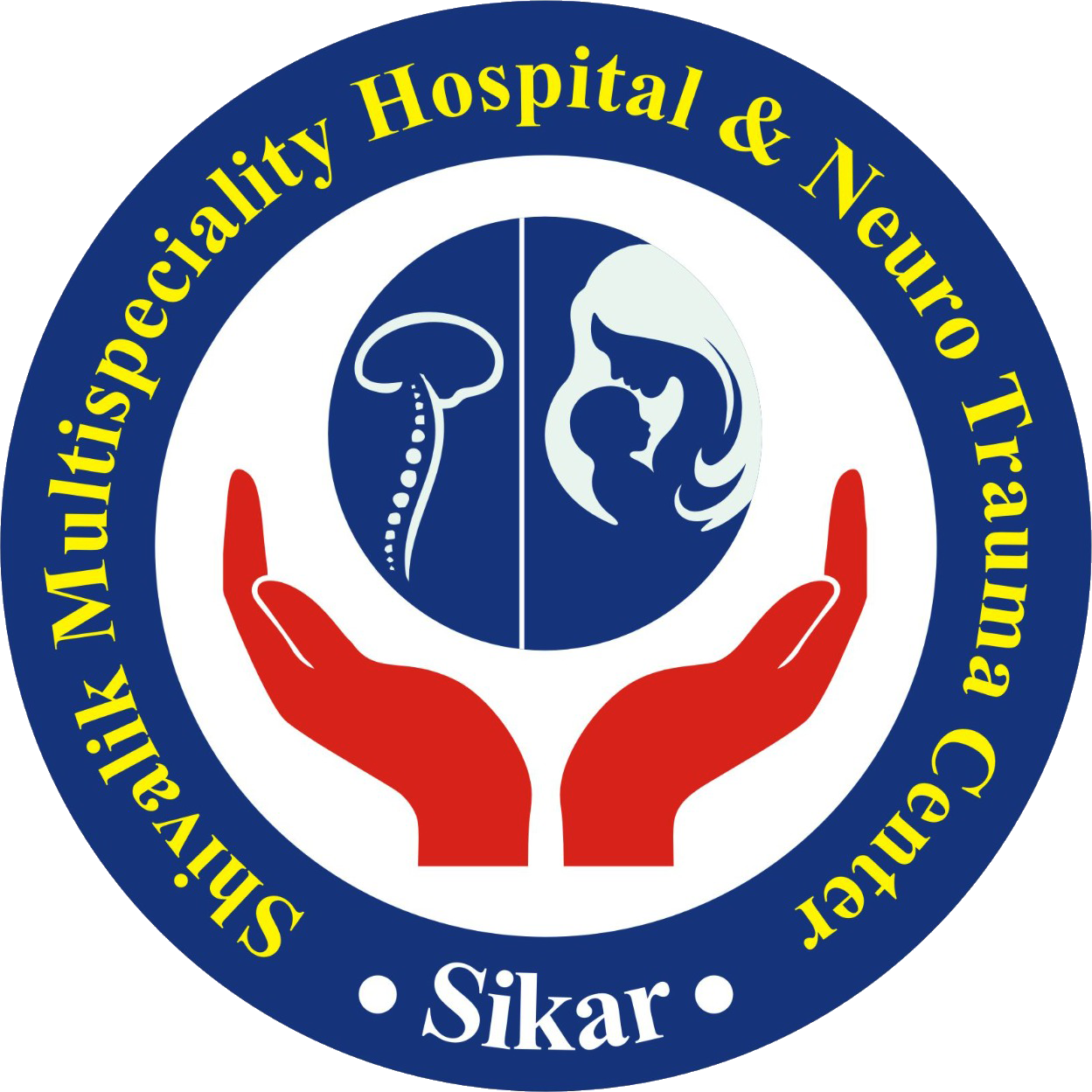A head injury is any sort of injury to your brain, skull, or scalp. This can range from a mild bump or bruise to a traumatic brain injury. Common head injuries include concussions, skull fractures, and scalp wounds. The consequences and treatments vary greatly, depending on what caused your head injury and how severe it is.
It can be hard to assess how serious a head injury is just by looking. Some minor head injuries bleed a lot, while some major injuries don’t bleed at all. It’s important to treat all head injuries seriously and get them assessed by a neurosurgeon.

Your head has more blood vessels than any other part of your body, so bleeding on the surface of your brain or within your brain is a serious concern in head injuries. However, not all head injuries cause bleeding.
It’s important to be aware of other symptoms to watch out for. Many symptoms of serious brain injury won’t appear right away. You should always continue to monitor your symptoms for several days after you injure your head.
Common symptoms of a minor head injury include:
The symptoms of a severe head injury include many of the symptoms of minor head injuries. They can also include:
The treatment for head injuries depends on both the type and the severity of the injury.
+91 87645 69751
care@shivalikhospitalsikar.com
View Map
It is 50 Bedded dedicated Centre of Excellence for state of art neurotrauma, critical care, several key specialties and super specialties. It is fully equipped most advanced centre and stands out as a citadel of excellence.
At SHIVALIK HOSPITAL, we consider it our prime responsibility to provide high quality clinical care to all our patients. Putting the patient at the core of our operations, we have developed robust quality standards, used expert diagnoses and treatment plans and enhanced infection and safety protocols to render them the most appropriate treatment.

© 2023 Shivalik Hospital – Developed by My Digital Desh

Shivalik hospital
Typically replies within minutes
WhatsApp Us
🟢 Online | Privacy policy
WhatsApp us